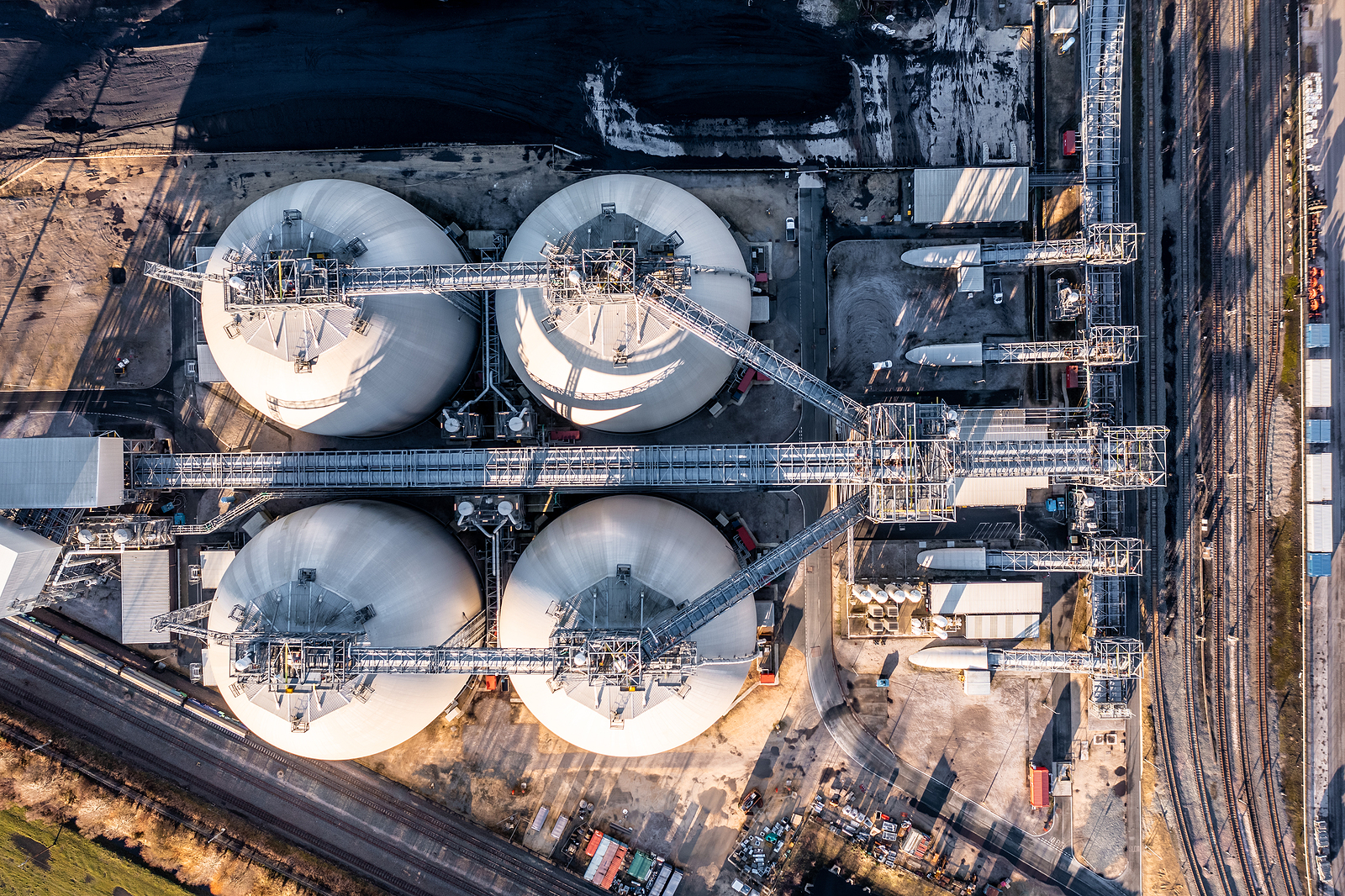The biofuel revolution was hailed as the end of the fossil fuel era; a cleaner and greener energy source that significantly reduced toxic emissions and ended the reliance on non-renewable resources. However, scientists and environmentalists disagree about just how beneficial biofuels are for the long term future of the planet.
A percentage of ethanol blended with petrol or diesel fuel is now mandatory in several countries around the world, including North and South America and much of Europe. E10 grade fuel is now the standard option at forecourts around the UK, meaning that it contains 10% bioethanol.
Ethanol is a renewable fuel that is produced from fermented plants such as sugarcane and grains, and it is claimed that it is a carbon neutral fuel. This is because as the crops grow, they absorb more carbon dioxide than will be emitted during the production of and use of ethanol fuel.
However, some scientists believe that the carbon offsetting claims are unrealistic, and the damage to the environment from converting more land to arable use will ultimately create more problems than it solves. The reasons for this are complex, and are both social, geopolitical and environmental.
Firstly, it is claimed that giving over more land for the exclusive production of biofuel crops will lead to fewer food crops, driving up prices and creating avoidable shortages and famine. The destruction of natural habitats such as forests and grasslands means that wildlife is lost and biodiversity reduced.
These natural habitats are also more effective at carbon capture than cultivated agricultural land. Furthermore, the deforestation process releases large volumes of carbon dioxide into the atmosphere, scientists claim. However, there is ongoing debate and disagreement as to the net climate benefits of biofuels, with differing opinions and arguments.
Farmers have benefited from large incentives from governments to convert their land to the production of biofuel crops, and biofuel trade groups have an influence on central government policies, such as the imposition of targets for renewable fuel sources. How far these factors muddy the waters is yet to be fully understood.
The Independent reported that the US government has stirred up dissatisfaction on both sides of the debate with a recent policy announcement. The Environmental Protection Agency has increased the amount of biofuels that must be blended into US fuel supplies from 21.54 billion gallons in 2024 to 22.33 billion gallons in 2025.
This is partly to reduce the reliance of oil supplies from Russia and the Middle East, and also an attempt to cut harmful greenhouse emissions. However, it has not adjusted the production totals for corn-based ethanol, which has drawn criticism from biofuel producers and farmers. Currently, 40% of all US corn is used to produce ethanol.
Emily Skor, CEO of Growth Energy, an ethanol industry group, said: “EPA’s decision to lower its ambitions for conventional biofuels runs counter to the direction set by Congress and will needlessly slow progress toward this administration’s climate goals.”
She added: “The bioethanol industry has more than adequate supply to meet an expected increase in demand. Choosing not to put that supply to good use in decarbonizing the transportation sector runs counter to this administration’s previously-stated commitments and undermines the goal of reaching net-zero (greenhouse gas emissions) by 2050.”
However, environmental groups were also disappointed by the increasing of the biofuel targets. Dan Lashof, U.S. director of the World Resources Institute, a global nonprofit, said: “Our future will not be propelled by corn – though you might think otherwise based on the Renewable Fuel Standard set by the EPA.”
He added: ‘Biofuels were long thought to be a climate solution, but today we know that converting crops to fuel is a disaster for the planet. It increases emissions, raises food prices and is a terrible use of prime farmland.”
He continued: “The federal government should be supporting farmers to adopt climate-smart agriculture practices that produce food, store carbon and conserve biodiversity – not incentivize them to use their land to produce fuels that make the climate crisis worse.”
It seems that the true costs and benefits of biofuels have yet to be fully understood or revealed. It’s a highly complicated issue with convincing arguments on both sides. We may have to wait years or even decades before hard evidence is available to determine the best way forwards.
If you are looking for conveyor belt skirting, please visit our website today.





